How to Select the Healthiest Seafood for Your Diet
By. Nevanda - 22 Sep 2023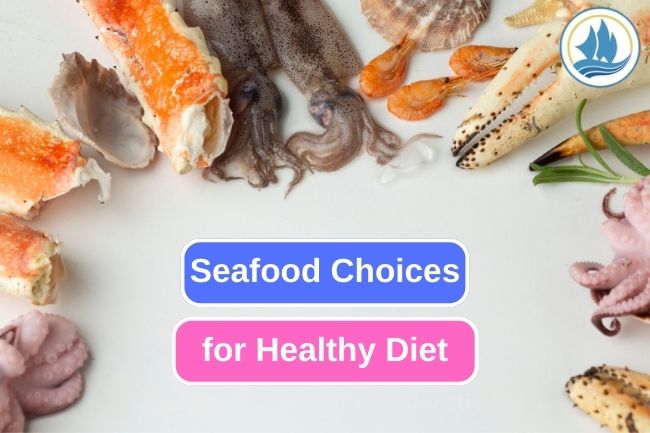
kelolalaut.com - Seafood is a nutritious choice for a balanced diet as it is a good source of high-quality protein, essential vitamins, and minerals, including omega-3 fatty acids. When selecting seafood for your diet, consider the following options:
1. Salmon
Salmon is rich in omega-3 fatty acids, which are beneficial for heart health and brain function. Wild-caught salmon is often considered a healthier choice than farm-raised due to potential differences in their diets and lifestyles.
2. Sardines
Sardines are a small, oily fish packed with nutrients, including calcium, vitamin D, and omega-3s. They are also low in contaminants.
3. Mackerel
Mackerel is another fatty fish that is high in omega-3s. It's a flavorful choice for grilling or pan-searing.
4. Trout
Trout is a freshwater fish that is also a good source of omega-3s. Rainbow trout is a common choice and is available in many forms, including fillets and whole fish.
5. Tuna
While tuna can be a healthy choice, be mindful of mercury levels, especially in larger tuna species like albacore. Opt for canned light tuna, which typically has lower mercury levels.
6. Shrimp
Shrimp are low in calories and high in protein. They are versatile and can be used in various recipes.
Read also: How To Safely Store Fish Fillet For Maximum Flavor
7. Cod
Cod is a mild-flavored white fish that's low in fat and a good source of protein. It's often used in fish and chips.
8. Haddock
Haddock is another white fish similar to cod but has a slightly sweet taste and is a good source of protein.
9. Scallops
Scallops are low in fat and high in protein. They cook quickly and have a delicate, sweet flavor.
10. Oysters
Oysters are rich in zinc and other minerals. They are also relatively low in calories. Enjoy them raw or cooked.
11. Crab
Crab is a lean source of protein and provides essential nutrients like vitamin B12 and zinc.
12. Lobster
Lobster is a good source of protein and low in saturated fat. It's often considered a luxury seafood choice.
When choosing seafood, consider the following tips:
- Opt for sustainably sourced seafood to support responsible fishing practices and protect marine ecosystems.
- Be mindful of mercury levels, especially if you're pregnant, nursing, or serving seafood to young children. Pregnant women and young children should limit their consumption of high-mercury fish.
- Avoid fried or heavily processed seafood options, as they can be high in unhealthy fats and sodium.
- Pay attention to portion sizes to ensure you're not overconsuming calories or contaminants.
- Vary your seafood choices to enjoy a wide range of flavors and nutritional benefits.
Overall, seafood can be a delicious and healthy addition to your diet, but it's essential to make informed choices based on your dietary preferences and health needs.
Read also: Clam’s Ecological Roles in Coastal Habitats
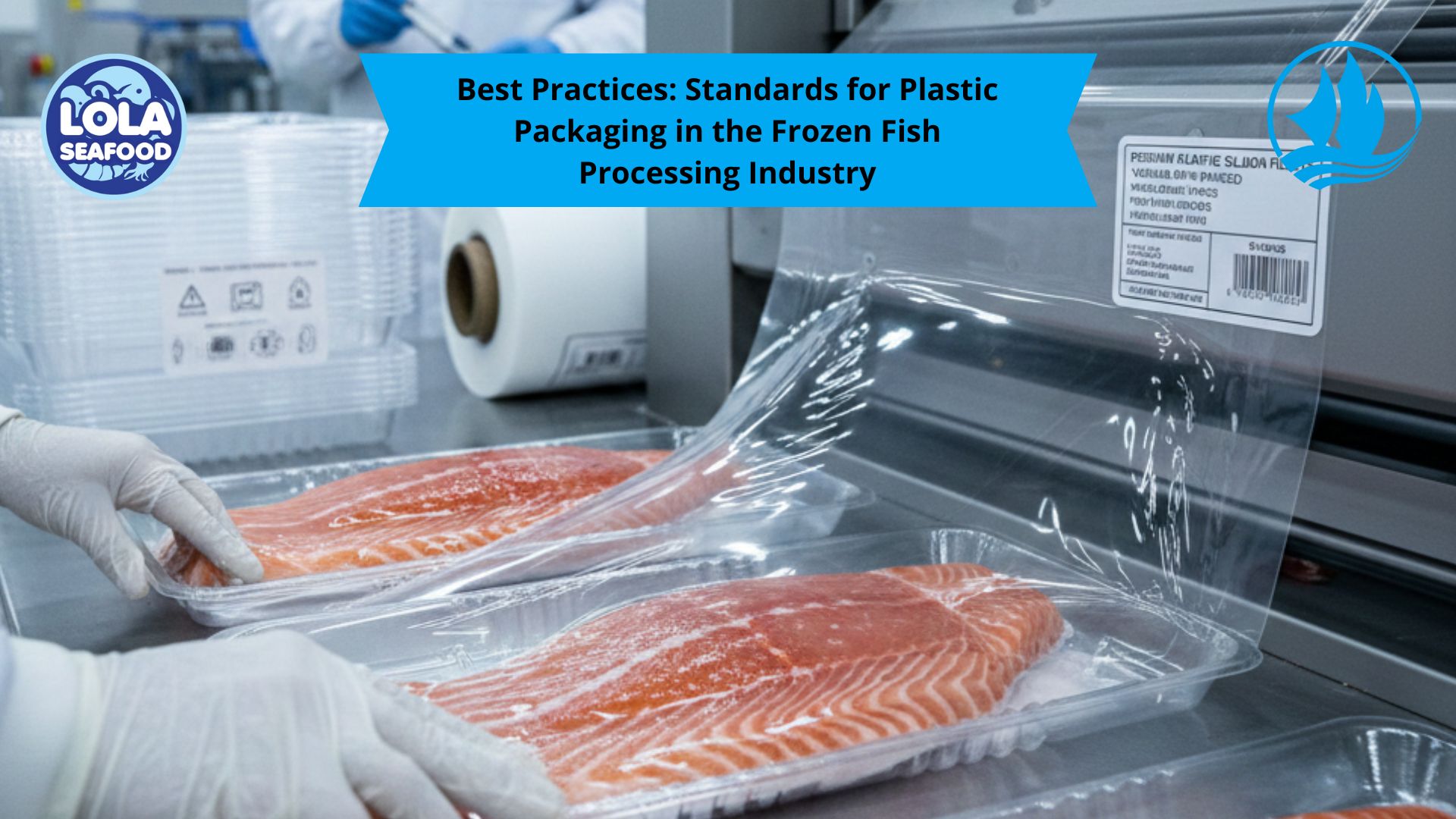
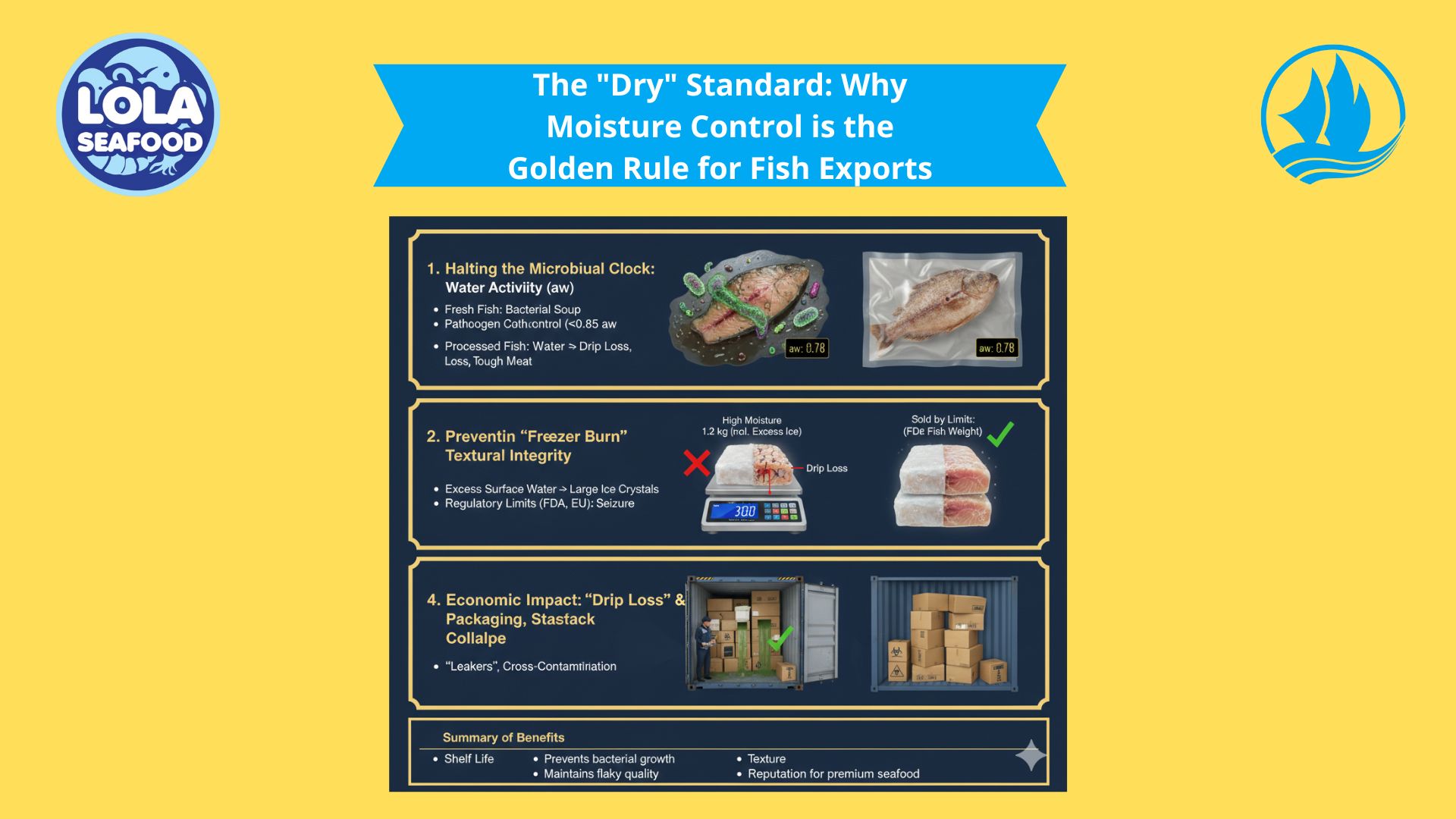
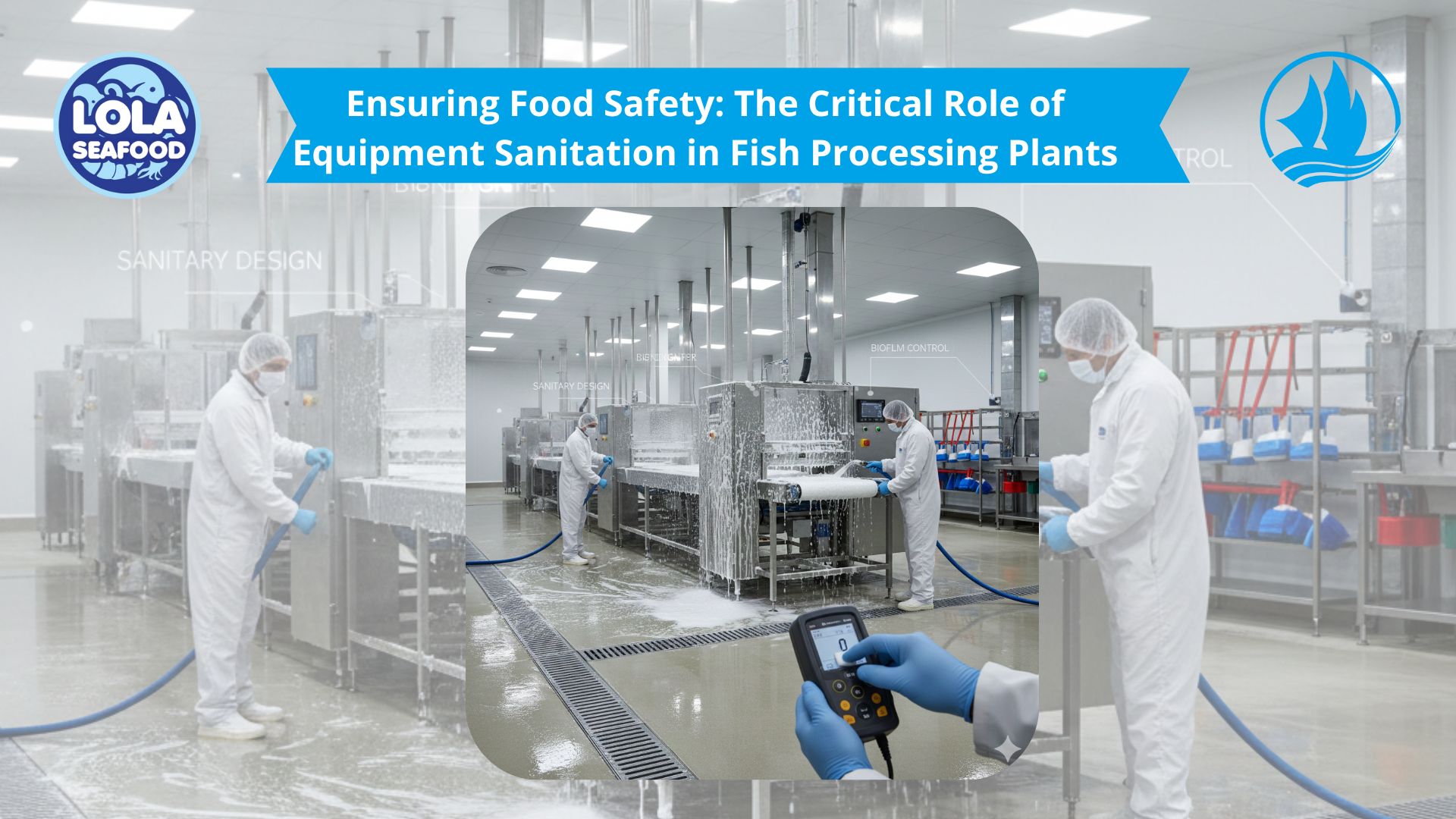
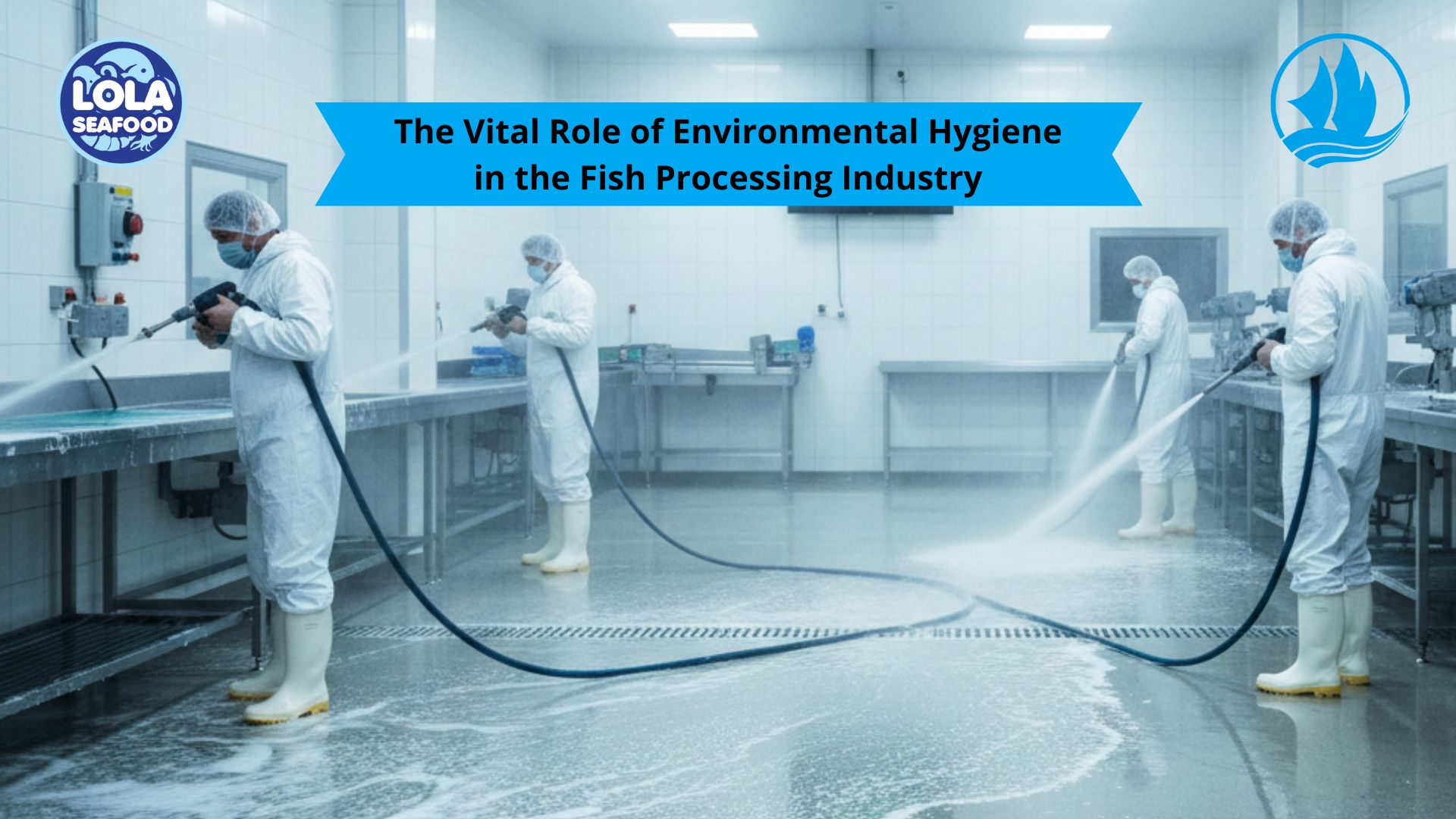

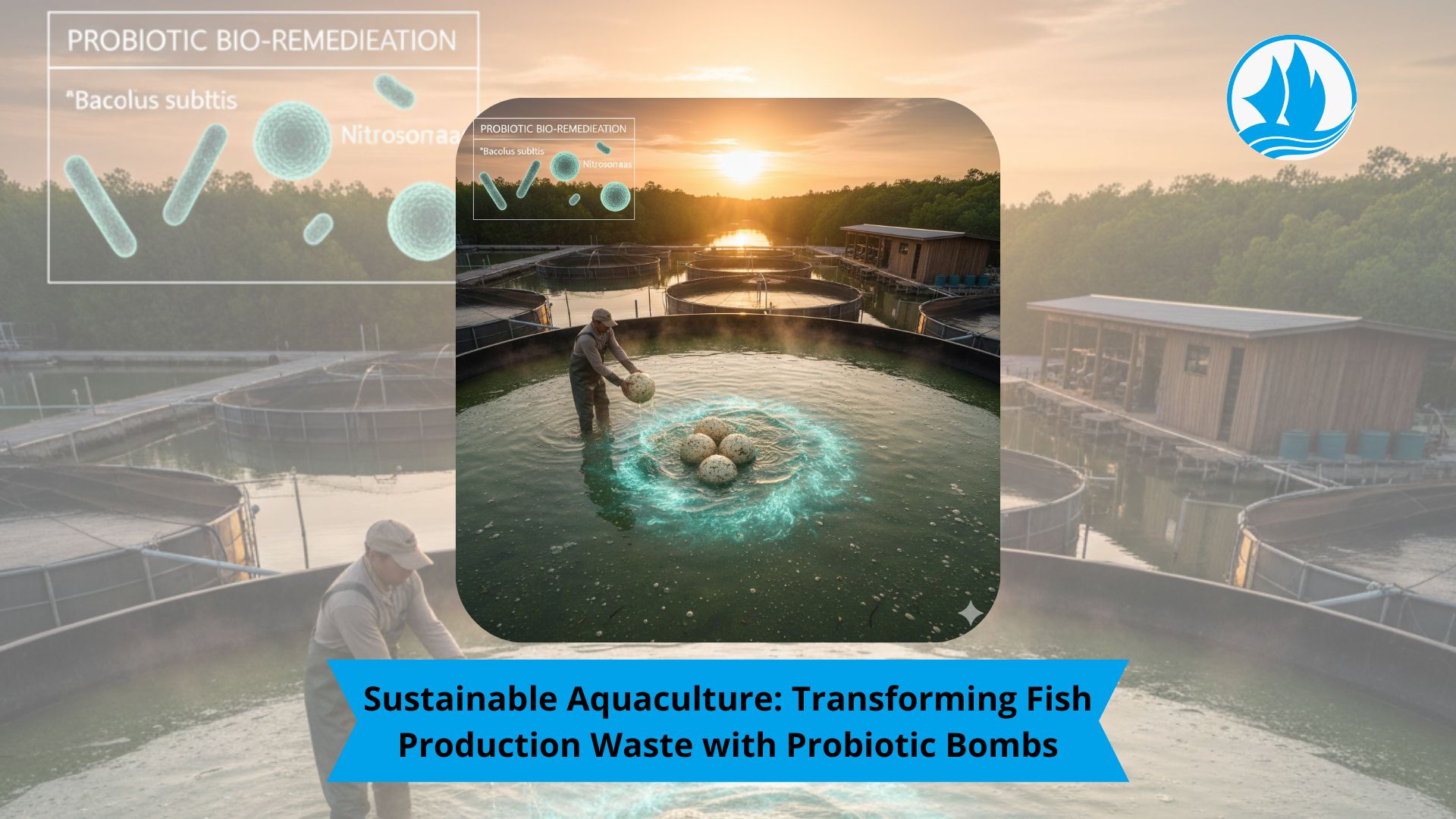

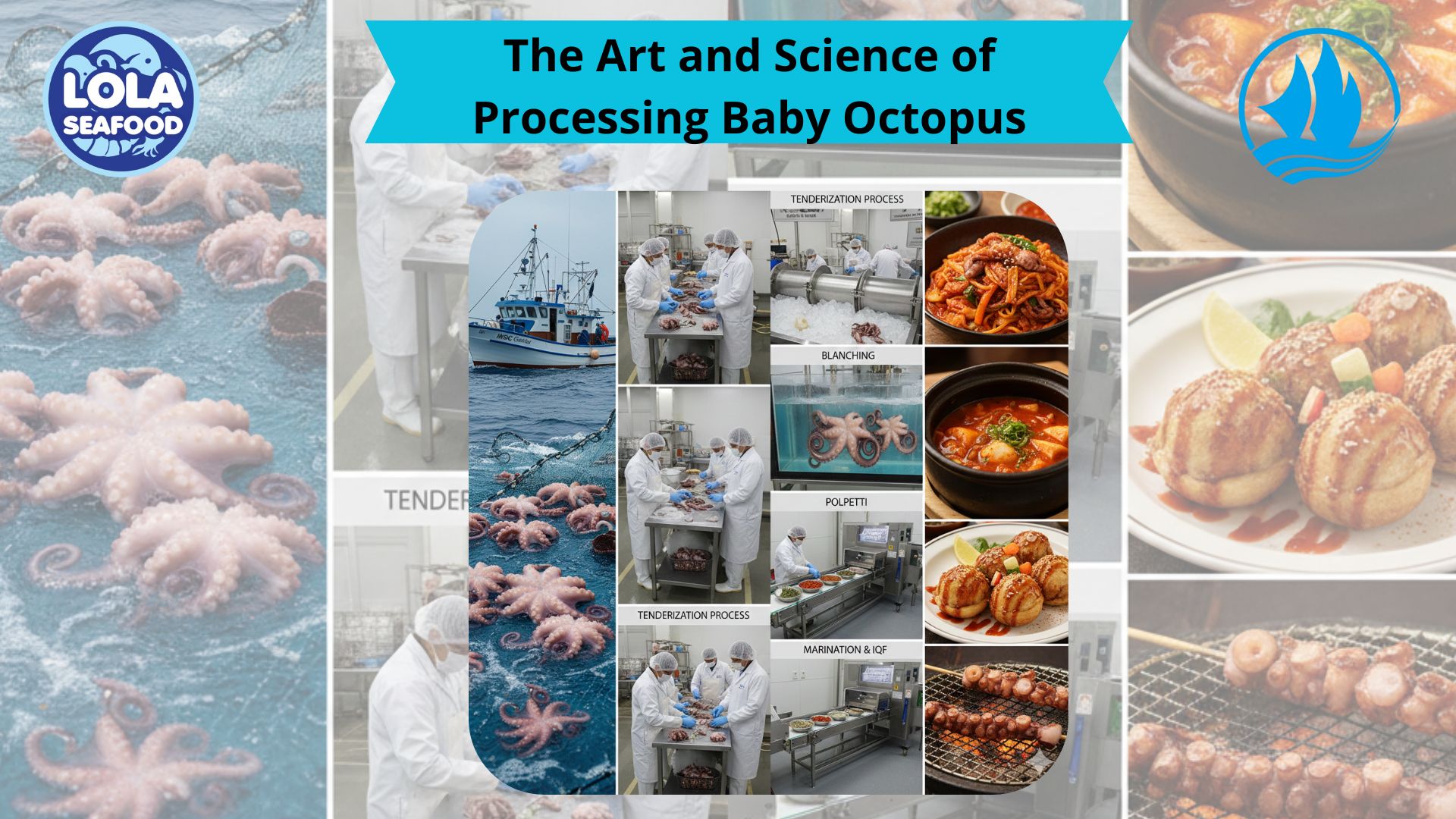
 in Modern Fish Processing Industries.jpg)